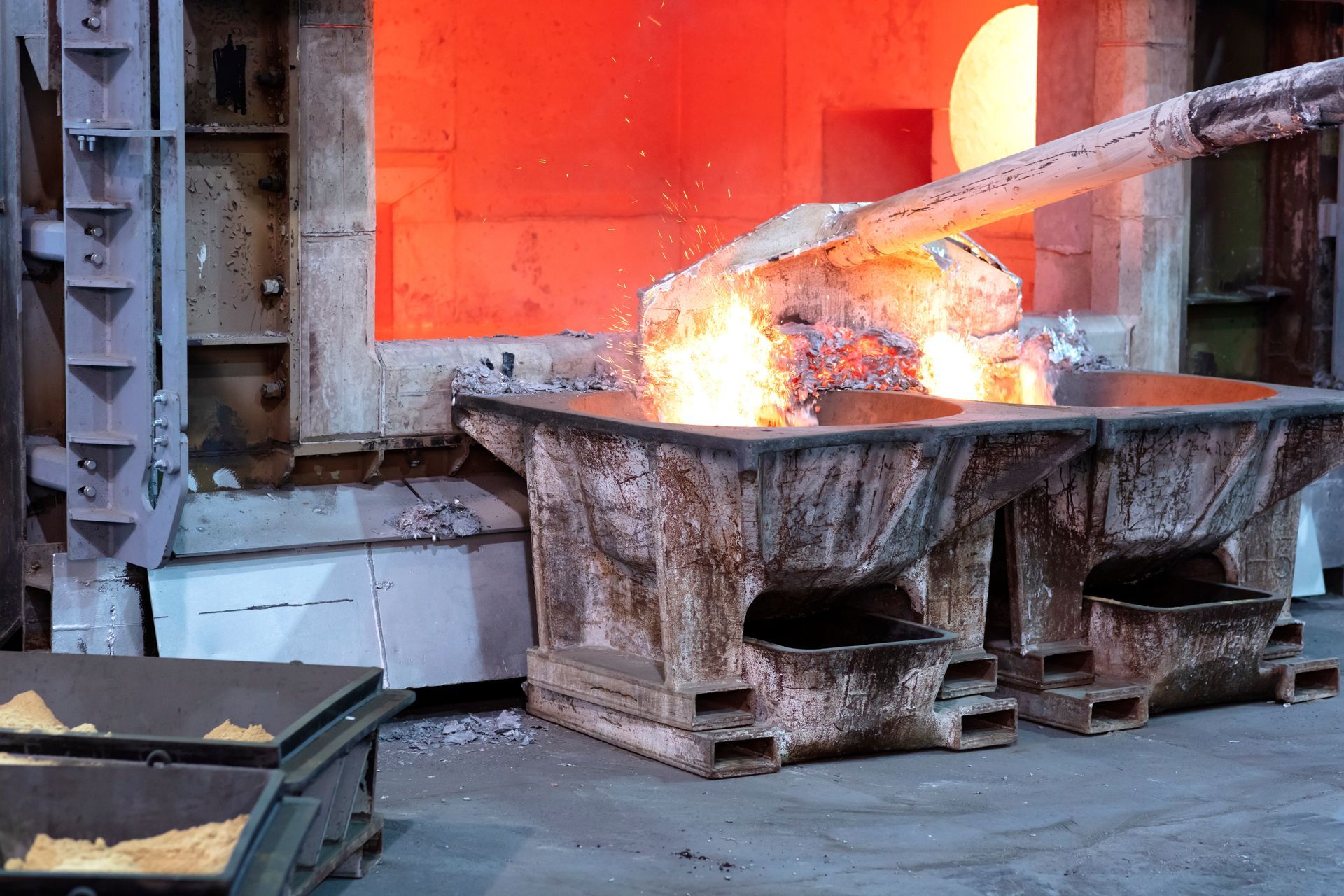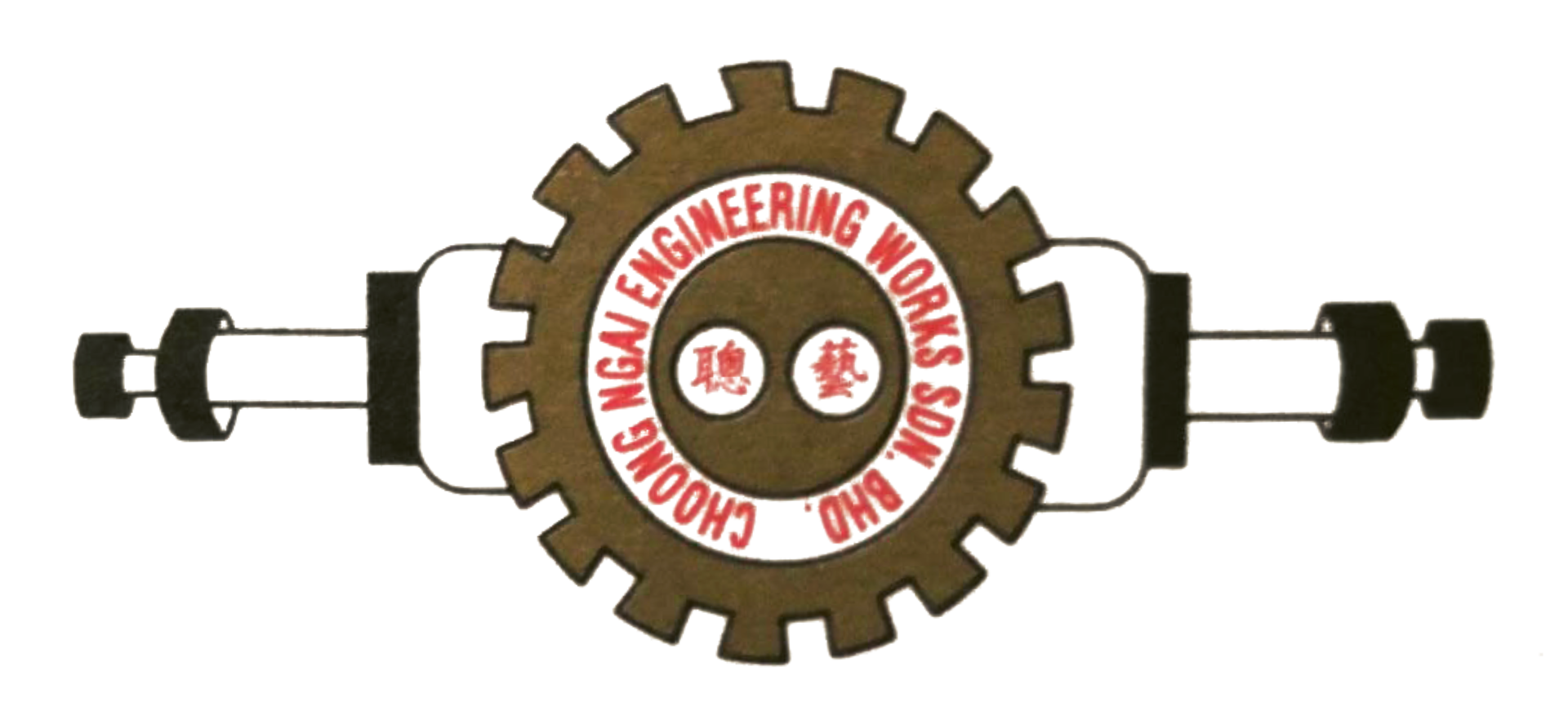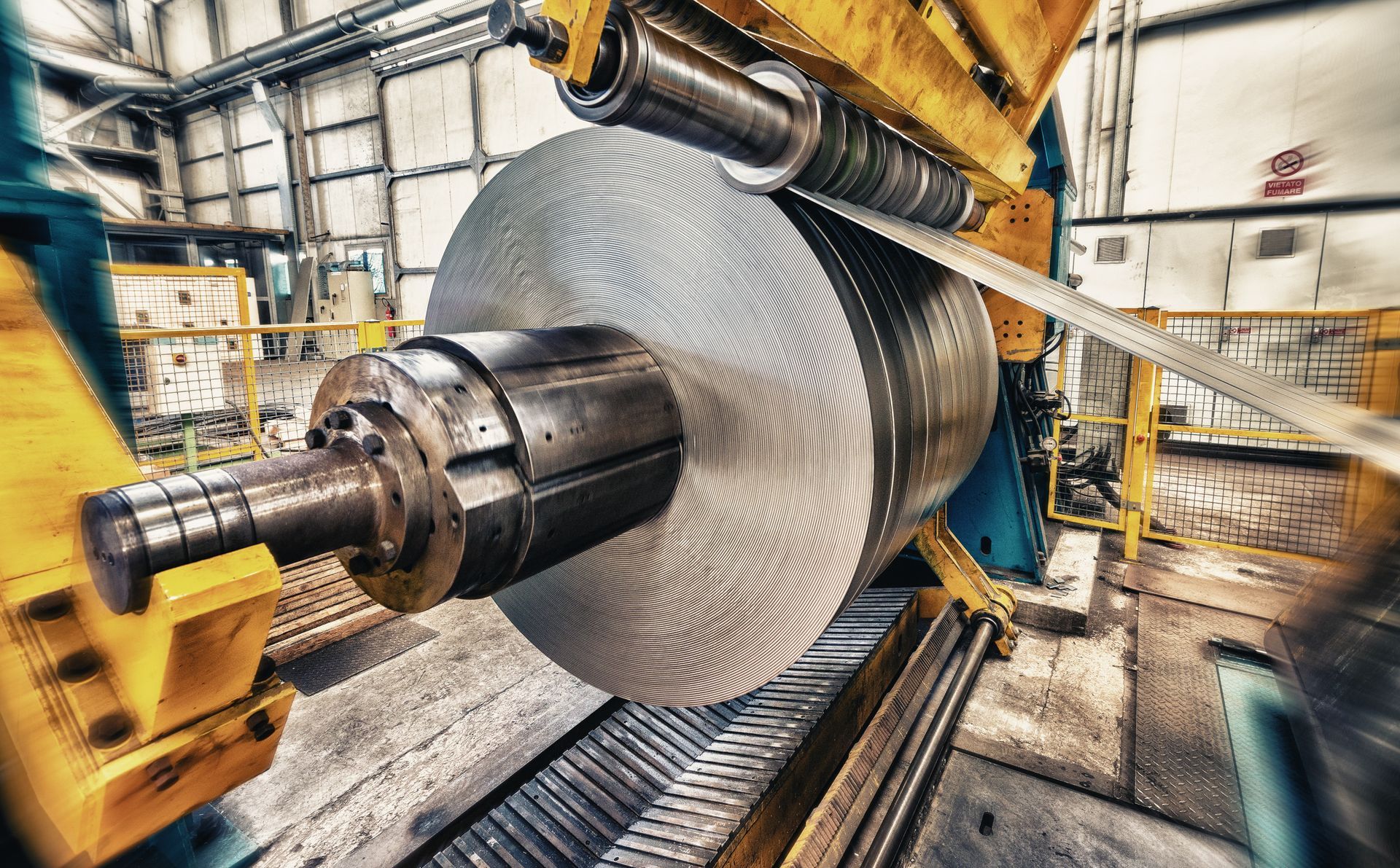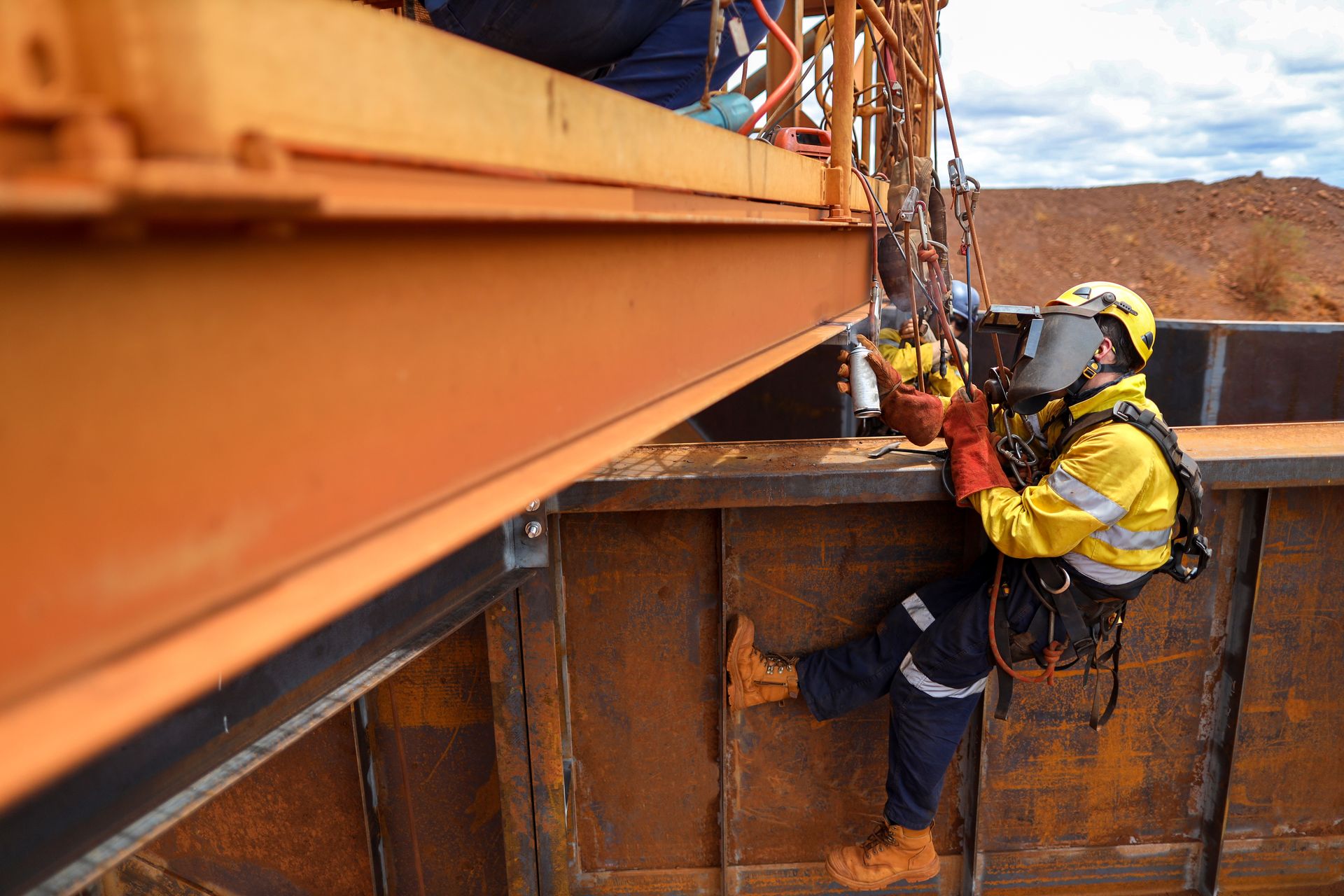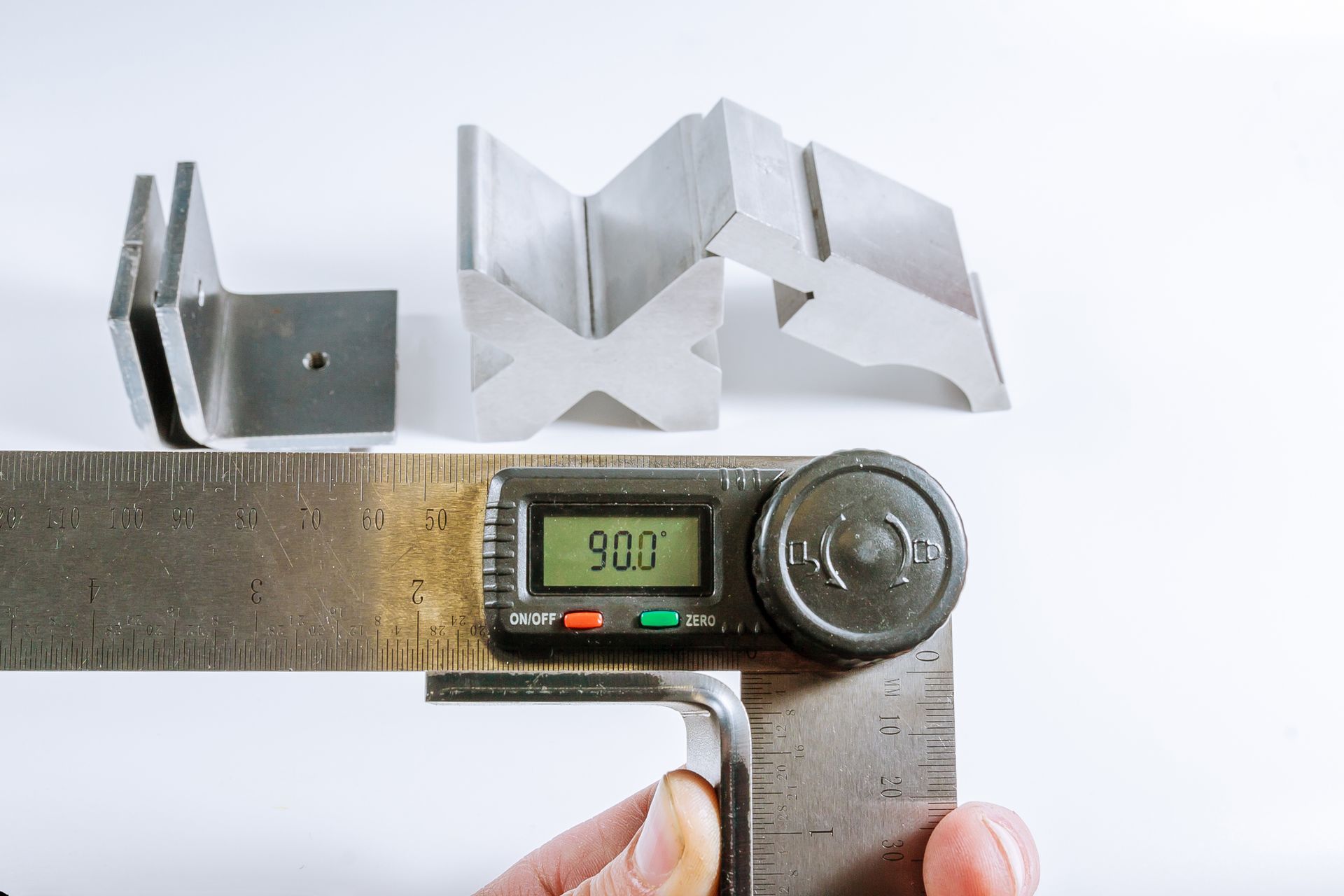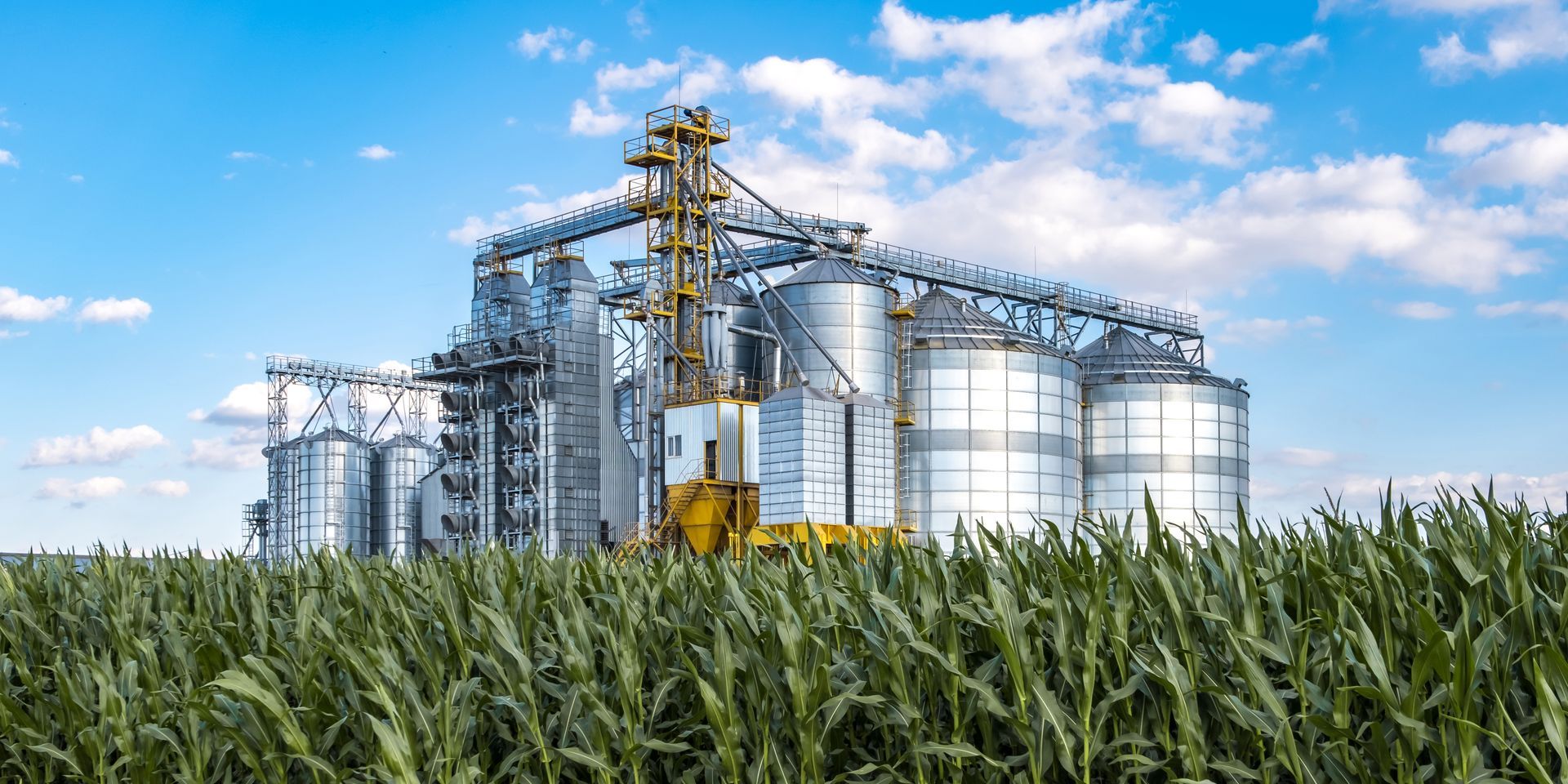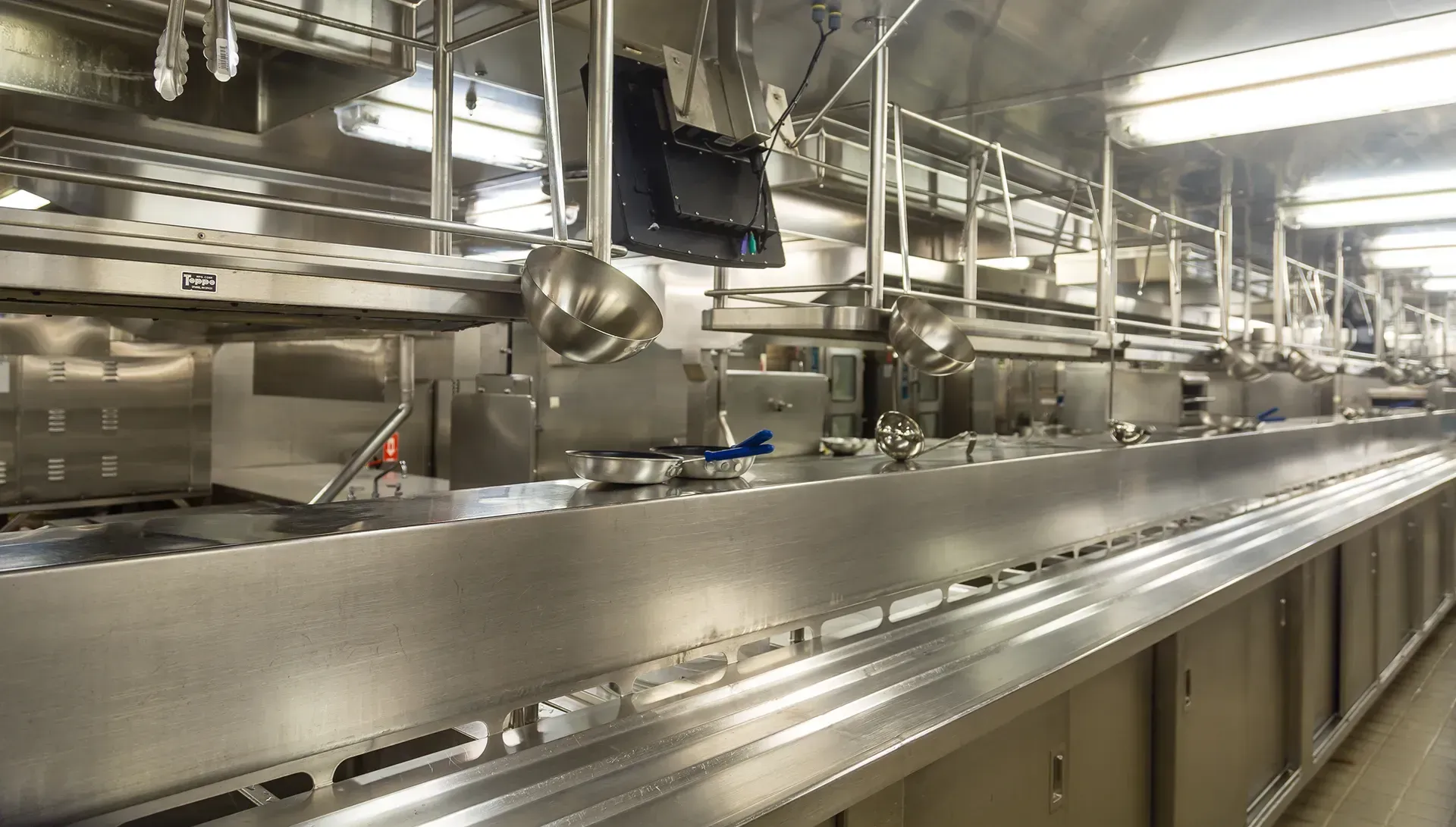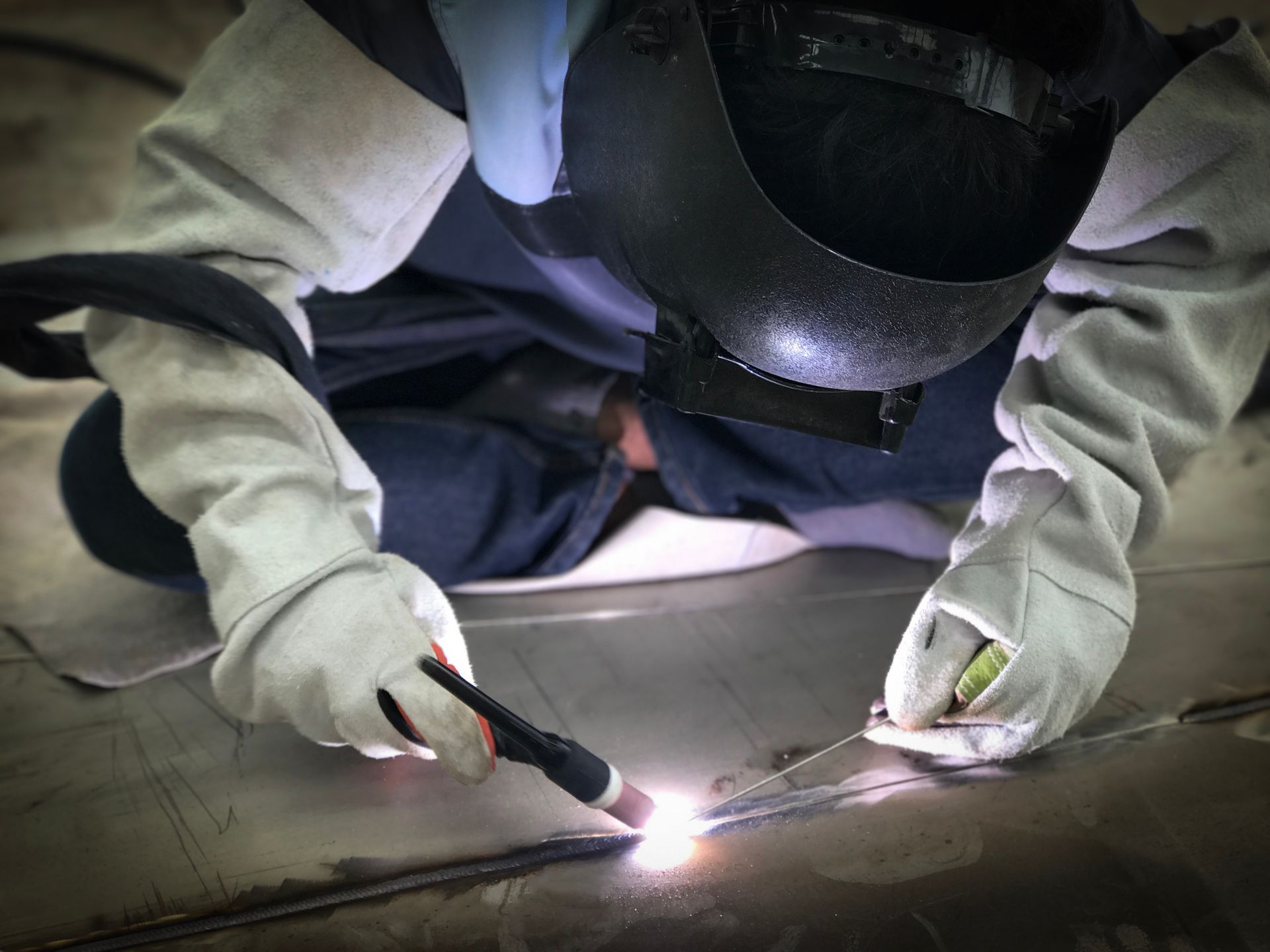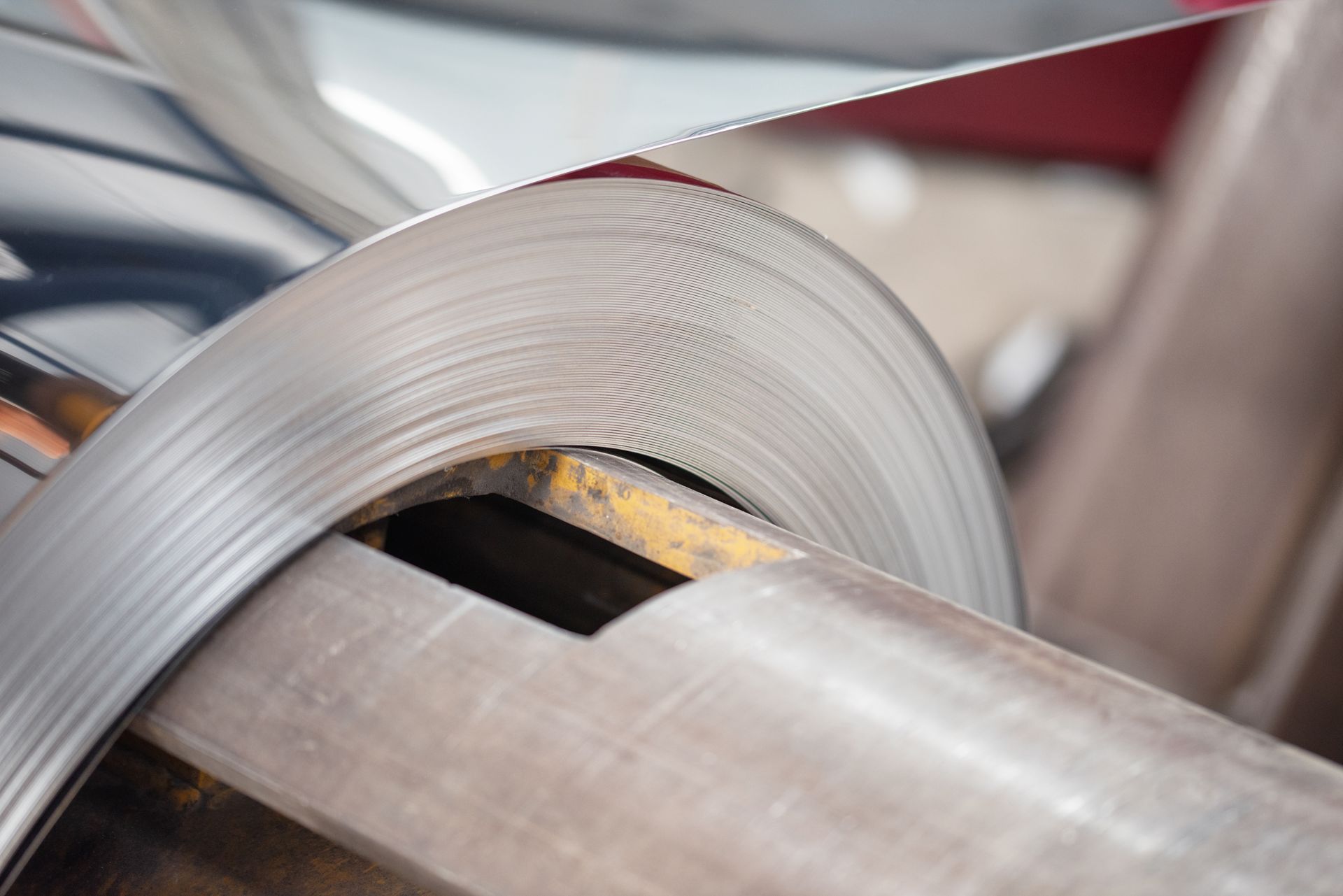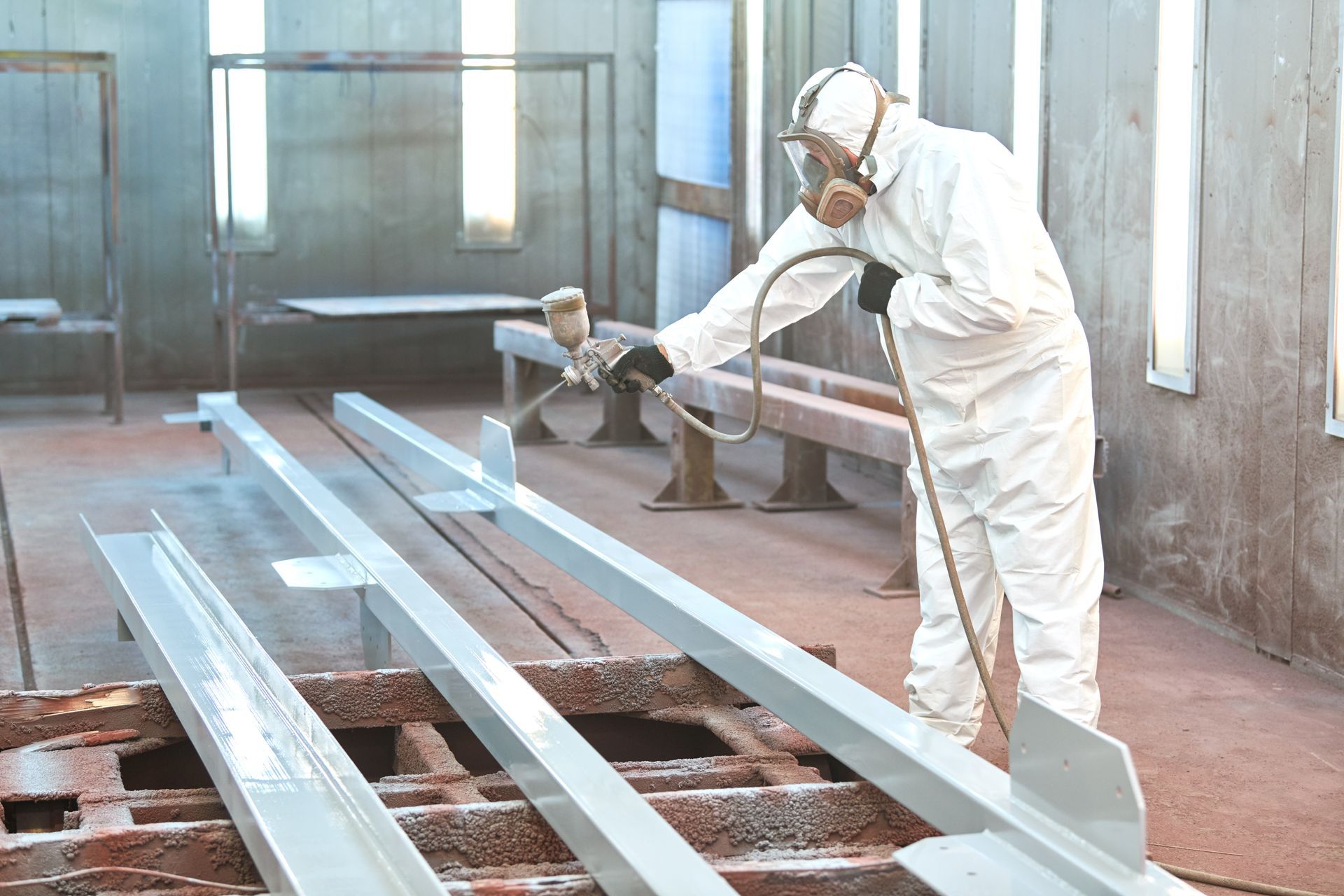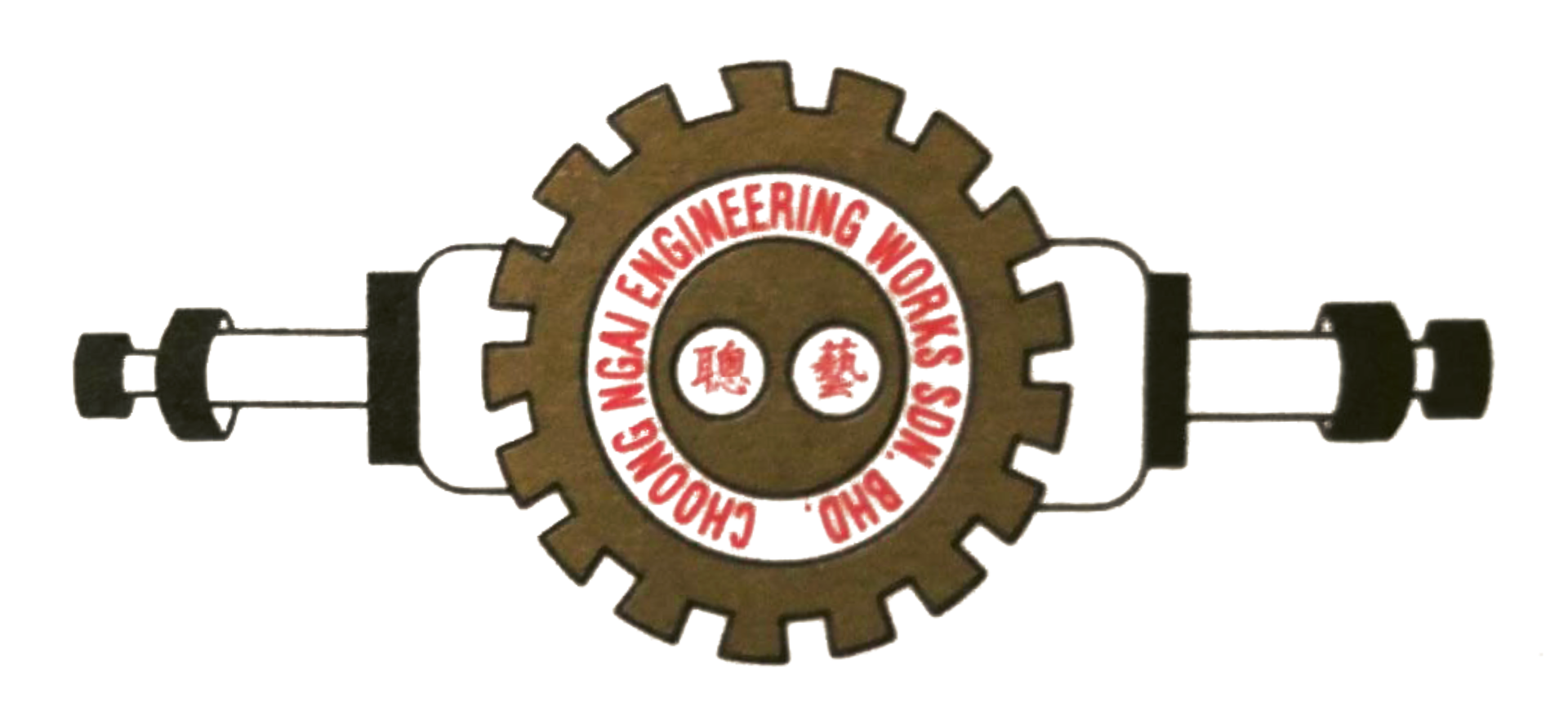Symptoms of Hydraulic Cylinder Failure
Hydraulic cylinders have become a mainstay for modern life - they're everywhere around us! We use hydraulic cylinders in our daily life all the time without maybe even realizing if we don’t specifically pay attention.
For example, hydraulic cylinders are used in excavators, trucks, forklifts, tractors, aerial platforms, mining equipment and more. In fact, it is one of the four main components of a fully functioning hydraulic system.
A hydraulic cylinder can be compared to a body's muscle - it creates the movement that's needed to achieve the system's purpose. In the hydraulic transmission, the medium is usually in the form of oil.
In this article, we'll discuss the different signs of hydraulic cylinder wear together and how you can fix those issues with the
right hydraulic cylinder repair and fabrication service provider.
4 Signs Of Common Hydraulic Cylinder Problems
In the list below are some of the common signs that indicate your hydraulic system requires hydraulic cylinder repair and fabricate services:
1. Loud, banging noises when your hydraulic system operates
Hydraulic cylinders shouldn’t sound like pipes banging against each other. Unpleasant banging or knocking noises are usually caused by air in the hydraulic fluid or cavitation.
These air bubbles in the system undergo extreme compression and decompression. Cavitation is a related phenomenon that happens when there’s not enough fluid getting to any part of a hydraulic circuit. When this occurs, the pressure drops so low that the fluid essentially vaporizes. When the pressure returns, this cavity of fluid implodes in on itself with a nasty knocking noise.
2. The movement of the hydraulic cylinder starts jerking or “juddering”
If your hydraulic system has lost its smooth, consistent movement, it's a sign that juddering is occurring. Juddering is also known as “slip-stick", where the cylinder becomes hesitant or the movement becomes stilted or jerky as the cylinder extends.
This is often accompanied by an increase in the heat of the cylinder. Juddering is usually a sign of increased friction, possibly caused by worn seals, insufficient lubrication or something serious like a bent piston rod.
3. Your power bill increases significantly
If you've noticed that your electrical energy requirements have increased, your cylinders might be part of the problem.
As there is increased friction and internal or external leakages, the other parts of the hydraulic system must work harder. Hydraulic pumps must deliver more fluid to overcome leakage, hydraulic motors work harder and torque per KW numbers become less efficient.
4. Your cylinder starts getting way too hot
While certain hydraulic cylinders experience increases in temperature during operation, these are usually within prescribed limits outlined by the manufacturer.
However, an unusual rise in temperature that is beyond the limits given by the manufacturer could be symptomatic of abnormal conditions within the cylinder. Hence, it's always a good idea to be aware of the general operating temperature of your cylinders.
Choose a hydraulic cylinder repair and maintenance expert you can trust
Your hydraulic system and hydraulic cylinders are often the core of your business operations or activity. Without a smooth and efficient hydraulic system, your business operations is at risk and will bring about financial implications.
With Choong Ngai Engineering's veteran technicians and engineers, we can provide repair and maintenance solutions to your hydraulic cylinders and overall hydraulic system.
Most importantly, we'll work alongside you and your team to understand and define your exact requirements, and this process ensures that we provide the best solution to your unique maintenance requirements.
With our custom metal fabrication equipment and technique, we've been servicing happy customers for over 20 years. Learn more about our services and previous projects on our website or contact us at choonngaiengworks@gmail.com.
